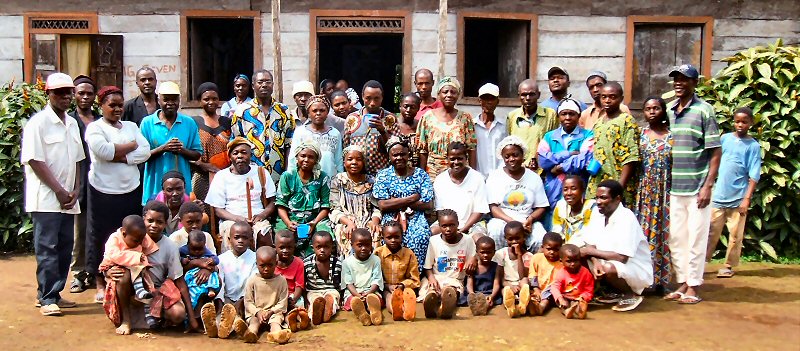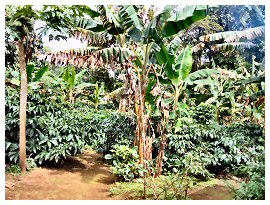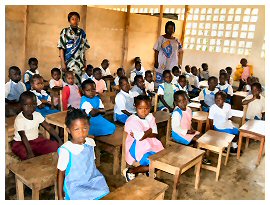Our 2007 survey showed how dependent rural communities have become on support from people and organisations outside. Much of the support is from those who have left the area but continue to send funds to families back home.
On a larger scale, project-managed aid with donated materials and technical equipment has been seen in many parts of Africa, yet too often the benefits fade because little effort is made to pass technical knowledge and know-how to the community. This takes time, aid agencies cannot afford to do it.

Without know-how, communities are not equipped to maintain the benefits, and furthermore they are unable to develop new initiatives from within the community. For example, some work on water supply pipes has been done recently, but despite this most of the supply infrastructure, dating back 50 years, is failing. Sanitation systems in schools and hospitals have already failed.


Long term support is costly. At ANVIL, we setup projects that achieve self-sufficiency from the outset. To ensure long-term development, the programme proceeds at a moderate pace; a pace to allow know-how to be acquired.
But early-stage support is vital: and this is not just a matter of funding. Projects require structure. ANVIL projects, which are essentially self-help projects, are organised locally to regulate the programme. Fortunately, the aspirations of people in African villages, combined with the good education of the village schools, favour this. Democracy is vibrant and lively at village level.
